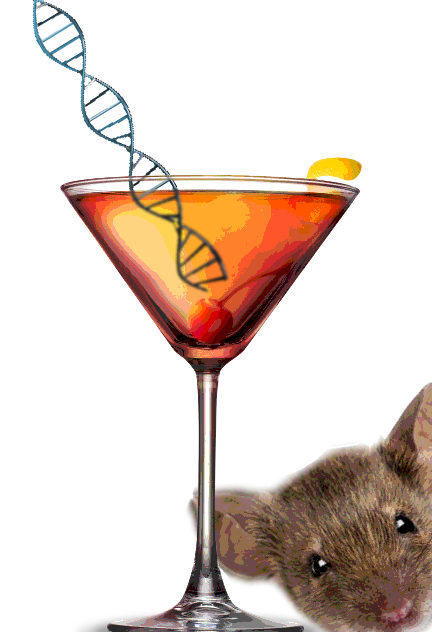Immune-alcohol link tested
 Australian researchers say there may be a link between the brain's immune system and the desire to drink alcohol in the evening.
Australian researchers say there may be a link between the brain's immune system and the desire to drink alcohol in the evening.
In laboratory studies using mice, researchers have been able to switch off the impulse to drink alcohol by giving mice a drug that blocks a specific response from the immune system in the brain.
“Alcohol is the world's most commonly consumed drug, and there is a greater need than ever to understand the biological mechanisms that drive our need to drink alcohol,” says Jon Jacobsen, PhD student in the University of Adelaide's Discipline of Pharmacology.
“Our body's circadian rhythms affect the 'reward' signals we receive in the brain from drug-related behaviour, and the peak time for this reward typically occurs during the evening, or dark phase. We wanted to test what the role of the brain’s immune system might have on that reward, and whether or not we could switch it off.”
The researchers focused their attention on the immune receptor Toll-like receptor 4 (TLR4). They administered the drug (+)-Naltrexone, which is known to block TLR4, to mice.
“Our studies showed a significant reduction in alcohol drinking behaviour by mice that had been given (+)-Naltrexone, specifically at night time when the reward for drug-related behaviour is usually at its greatest,” Mr Jacobsen says.
“We concluded that blocking a specific part of the brain’s immune system did in fact substantially decrease the motivation of mice to drink alcohol in the evening.”
Naltrexone has shown a surprising ability to block drug addiction in people.
Senior author of a new report from the University of Adelaide, Professor Mark Hutchinson, says these findings point to the need for further research to understand the implications for drinking behaviour in humans.
“Our study is part of an emerging field which highlights the importance of the brain’s immune system in the desire to drink alcohol. Given the drinking culture that exists in many nations around the world, including Australia, with associated addiction to alcohol and related health and societal issues, we hope our findings will lead to further studies.”
This research has been funded by the Australian Research Council (ARC), the US National Institute on Drug Abuse (NIDA) and the National Institute of Alcohol Abuse and Alcoholism.








 Print
Print